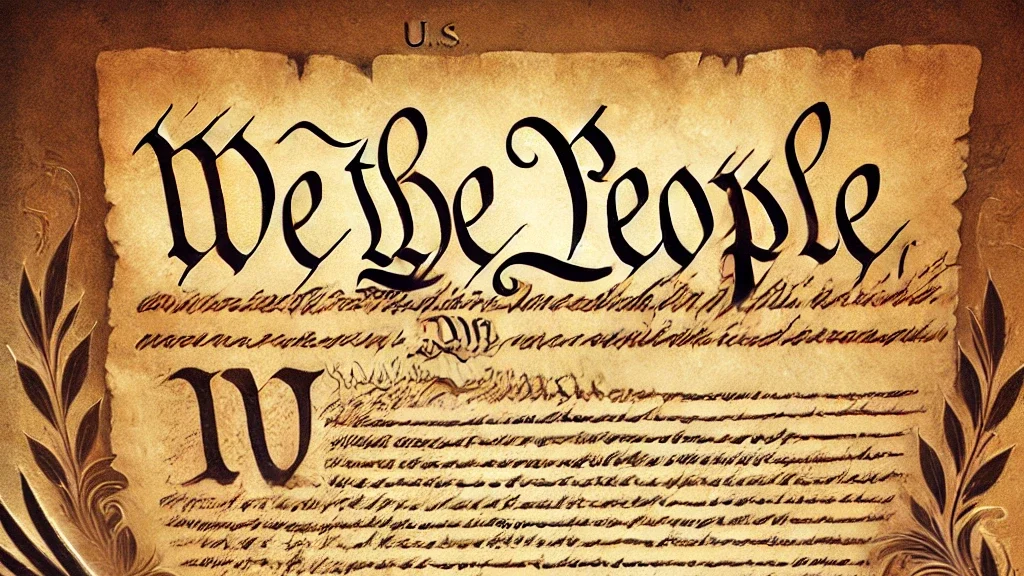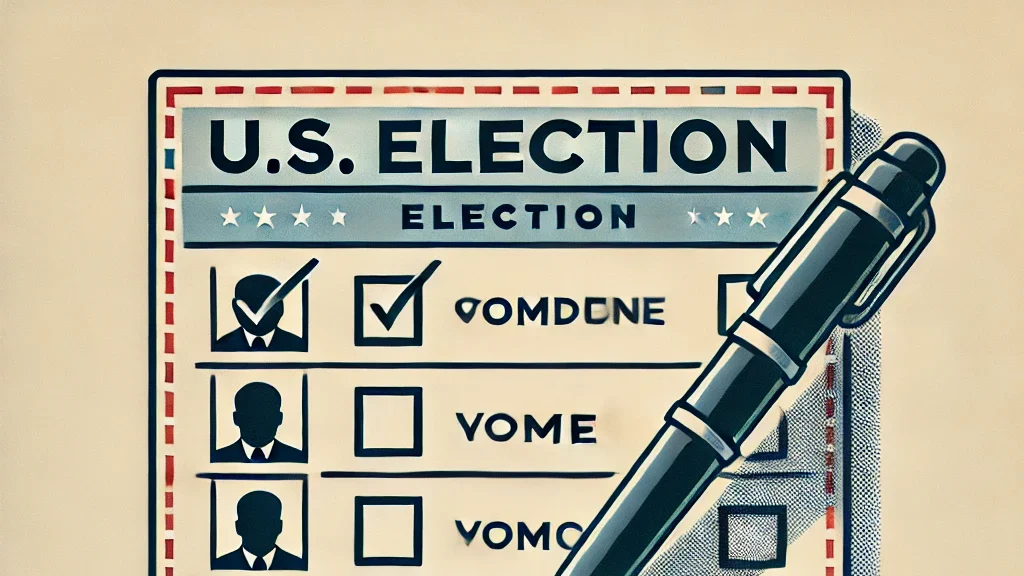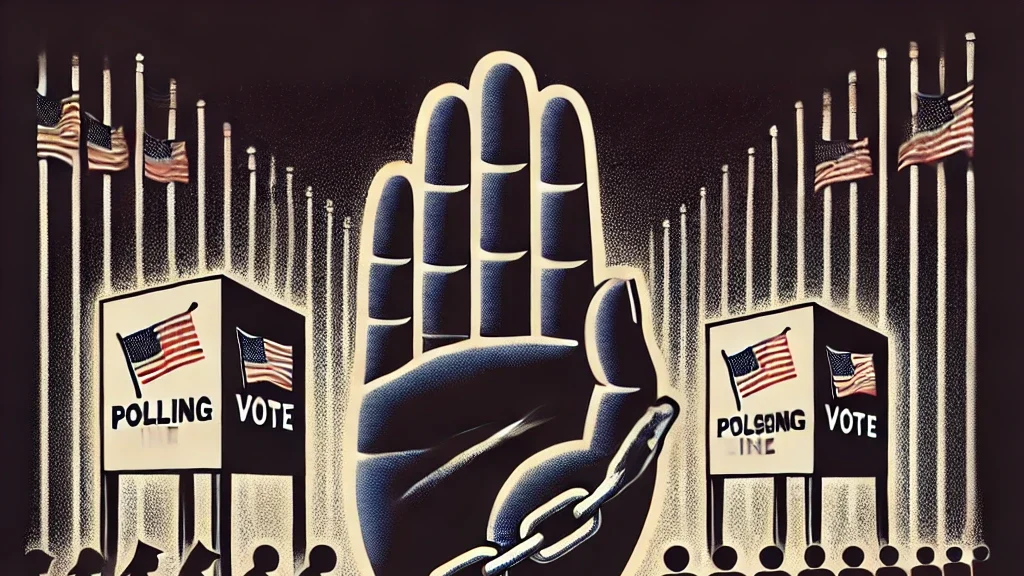
Introduction
Elections are the foundation of democracy, providing citizens the opportunity to choose their leaders and influence policies. Ensuring fair and accessible elections is critical for maintaining the integrity of this process. This article will provide an overview of voter rights and protections, explain how to register to vote, address issues at the polls, offer resources for voters with disabilities and language barriers, and highlight the importance of fair access to voting for all eligible citizens.
Overview of Voter Rights and Protections
Fundamental Rights

Every eligible citizen has the right to vote without facing discrimination or undue obstacles. Key rights include:
- Right to Vote: All U.S. citizens over the age of 18 have the right to vote in federal, state, and local elections.
- Equal Access: No eligible voter can be denied access to the polls based on race, color, religion, sex, national origin, disability, or age.
- Privacy: Voters have the right to cast their ballots privately, without interference or intimidation.
- Assistance: Voters who need help due to disabilities or language barriers have the right to assistance.
Legal Protections
Several federal laws protect these rights:
- Voting Rights Act (1965): Prohibits racial discrimination in voting and ensures equal access to the polls.
- Help America Vote Act (2002): Aims to improve voting systems and access, including provisions for voters with disabilities.
- Americans with Disabilities Act (1990): Ensures polling places are accessible to voters with disabilities.
- National Voter Registration Act (1993): Facilitates voter registration and ensures that registration opportunities are available at various public offices.
How to Register to Vote
Registration Requirements
Each state has its own requirements for voter registration, but generally, you must:
- Be a U.S. citizen
- Be at least 18 years old on or before Election Day
- Meet your state’s residency requirements
- Not be currently serving a felony sentence (rules vary by state)
Registration Methods
You can register to vote in several ways:
- Online: Many states offer online voter registration through their official websites.
- By Mail: You can complete a voter registration form and mail it to your local election office.
- In Person: Register in person at your local election office, Department of Motor Vehicles (DMV), or other designated public offices.
Deadlines
Voter registration deadlines vary by state. Some states allow same-day registration on Election Day, while others require registration weeks in advance. Check your state’s specific deadlines to ensure you register on time.
Addressing Issues at the Polls
Common Issues and Solutions
If you encounter issues at the polls, it’s important to know your rights and how to address them:
- Not on the Voter Roll: If your name is not on the voter roll, request a provisional ballot. Election officials will verify your eligibility before your vote is counted.
- Intimidation or Harassment: Report any intimidation or harassment to a poll worker or local election officials immediately. You can also contact the Election Protection Hotline at 1-866-OUR-VOTE.
- ID Requirements: Some states require photo ID to vote. If you don’t have the required ID, ask about alternative methods of verification or casting a provisional ballot.
- Polling Place Accessibility: If your polling place is not accessible, ask for curbside voting or assistance from poll workers. You can also request an absentee ballot if accessibility is a concern.
Provisional Ballots

Provisional ballots are used when there are questions about a voter’s eligibility. Your provisional ballot will be counted once your eligibility is verified. This process ensures that every eligible voter has the opportunity to vote.
Resources for Voters with Disabilities and Language Barriers
Voters with Disabilities
There are several resources and accommodations available for voters with disabilities:
- Accessible Polling Places: Polling places must be accessible to voters with disabilities. This includes ramps, accessible voting machines, and curbside voting options.
- Assistance: You have the right to bring someone to assist you in voting, or you can request assistance from a poll worker.
- Absentee Voting: Many states offer absentee or mail-in voting options for voters with disabilities.
Voters with Language Barriers
For voters with limited English proficiency, resources include:
- Language Assistance: Federal law requires that certain jurisdictions provide voting materials and assistance in languages other than English. Check with your local election office to see if this applies in your area.
- Bilingual Poll Workers: Many polling places have bilingual poll workers who can assist with translation and understanding the voting process.
Ensuring Fair Access to Voting
Addressing Voter Suppression

Voter suppression tactics, such as strict ID laws, purging voter rolls, and reducing polling places, can disproportionately affect minority communities, low-income voters, and the elderly. It’s crucial to be aware of these tactics and work to combat them:
- Stay Informed: Keep up-to-date with changes in voting laws and procedures in your state.
- Get Involved: Volunteer with organizations that work to protect voting rights and assist voters.
- Report Issues: If you encounter or witness voter suppression, report it to local election officials and organizations like the Election Protection Hotline.
Encouraging Voter Participation
Promoting voter participation helps ensure that all voices are heard in the democratic process:
- Voter Education: Educate others about the importance of voting and how to participate.
- Registration Drives: Participate in or organize voter registration drives to help register new voters.
- Get-Out-the-Vote Efforts: Help with efforts to remind and assist voters in getting to the polls on Election Day.
Conclusion
Ensuring fair and accessible elections is vital for a healthy democracy. By understanding your voter rights, knowing how to register and address issues at the polls, utilizing resources for voters with disabilities and language barriers, and combating voter suppression, you can help protect the integrity of the electoral process. Every vote counts, and it is up to all of us to ensure that every eligible citizen can exercise their right to vote.
Brent is the Managing Partner of CatchMark Technologies and a seasoned technologist with over 25 years of experience in IT leadership, cybersecurity, and technical operations. He began his career serving in the U.S. Army, where he worked extensively with electronics—laying the foundation for his lifelong passion for technology and problem-solving. Brent holds a Certified Information Systems Security Professional (CISSP) certification and currently leads CatchMark’s Cybersecurity and Tech Support teams. Known for his strategic thinking and hands-on expertise, he excels in guiding secure, scalable solutions and driving innovation across complex technical environments.
Must See
-


Opinion
/ 1 day agoWhite Lake Music Review with CatchMark Community
Stovepipe Stover (one man band), The Book Nook & Java Shop, Thursday June 5th,...
-


Arts/Entertainment
/ 2 days agoWhite Lake Live Music Lineup: June 9–15, 2025
It’s another packed week of music around the White Lake area with ten local...
By Amy Yonkman -


Community
/ 3 days agoFireworks Fundraising Underway in White Lake
The Fourth of July is just around the corner, and the White Lake Fireworks...
By Amy Yonkman













